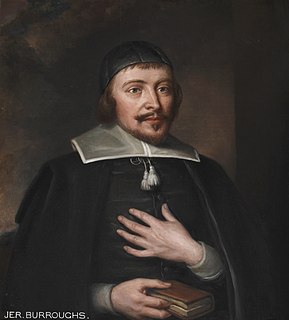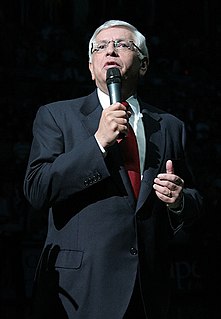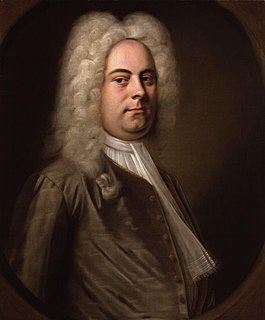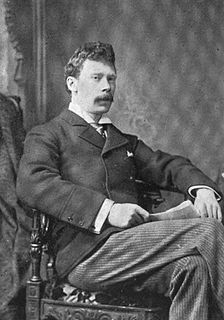A Quote by Dallas Willard
It's a wonderful thing to do an inductive study with our concordance.
Related Quotes
Truth is that concordance of an abstract statement with the ideal limit towards which endless investigation would tend to bring scientific belief, which concordance the abstract statement may possess by virtue of the confession of its inaccuracy and one-sidedness, and this confession is an essential ingredient of truth.
A Concordance of Leaves is an epic poem of the indomitable yet fragile human spirit. Philip Metres brings Palestine and Palestinians into English with rare luminosity. One feels echoes of Oppen's succinct tenderness in the depiction of the numerous characters of this work. Without other, there is no self. And that other is the stranger who must be loved. Concordance is, after all, a wedding poem-leaves and pages in search of a certain passage toward harmony.
We should study Christ, and praise and bless God, and have our hearts enlarged for Jesus Christ. This is the duty of believers to whom God has revealed Christ as wonderful, that in their conversations they should hold out the wonderful glory of Jesus Christ. You should so walk before men as to manifest to all the world that your Savior is a wonderful Savior
Some fundamentalists go so far as to reject psychology as a disciplined study, which is unfortunate and polarizing. By definition, psychology is the study of the soul, theology is the study of God. Generally speaking, systematic theology is a study of all the essential doctrines of faith, and that would include the study of our souls (psychology).
Everybody has a nightmare, and everybody apparently has falling dreams, and everybody has the drowning dream, and everybody has certain kinds of sexual manifestation dreams, as well as our stress dreams; I didn't study for the algebra test, I didn't study for my driving test, you know, all those dreams. I still have those dreams, and it's just such an interesting thing that our mind can turn against us, our own mind, you know we all have.
Anxieties about ourselves endure. If our proper study is indeed the study of humankind, then it has seemed-and still seems-to many that the study is dangerous. Perhaps we shall find out that we were not what we took ourselves to be. But if the historical development of science has indeed sometimes pricked our vanity, it has not plunged us into an abyss of immorality. Arguably, it has liberated us from misconceptions, and thereby aided us in our moral progress.









































